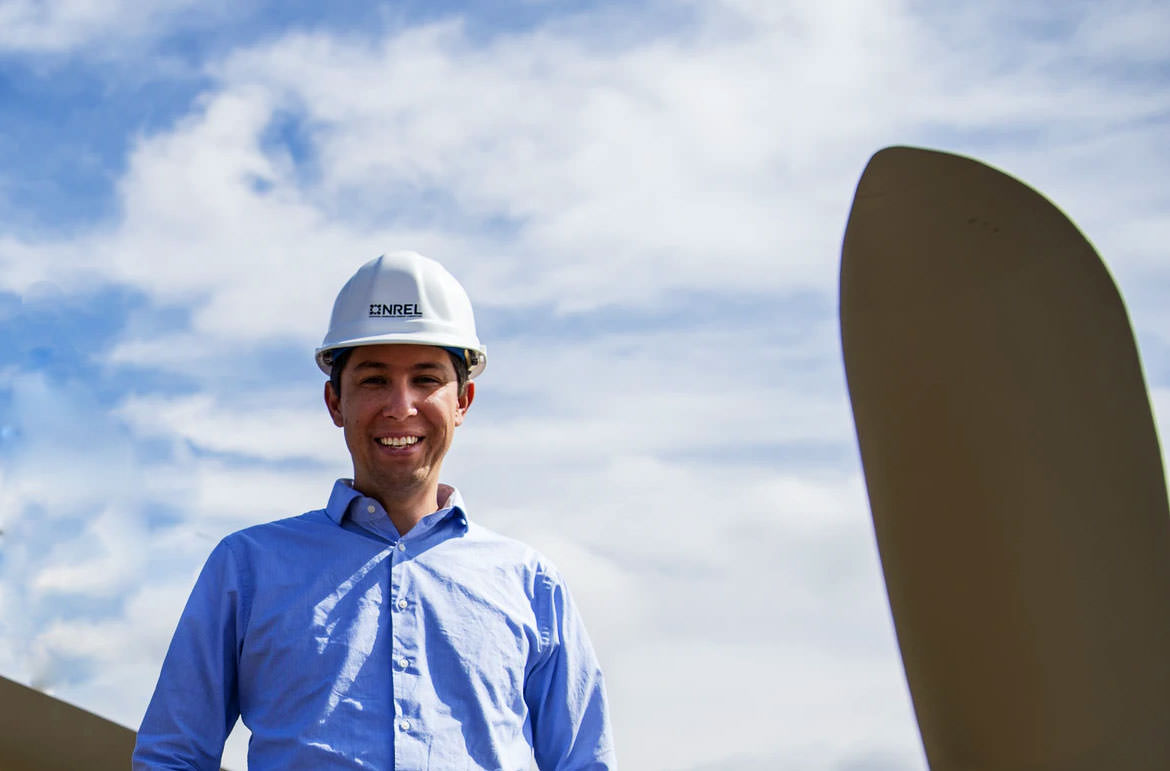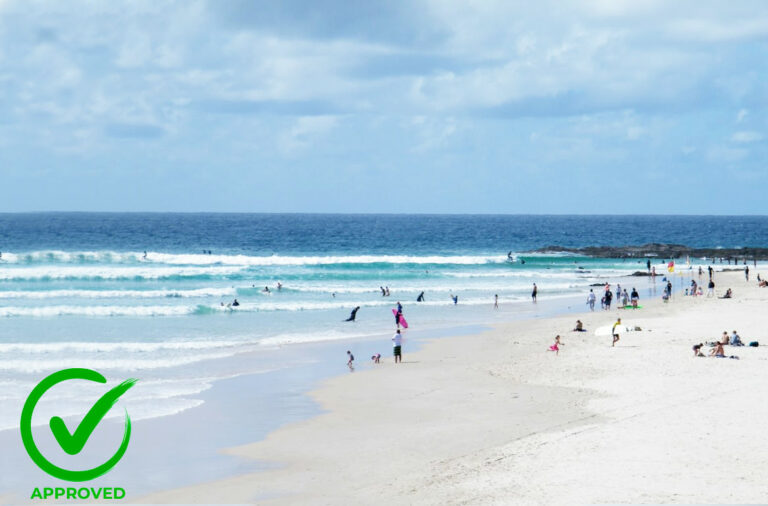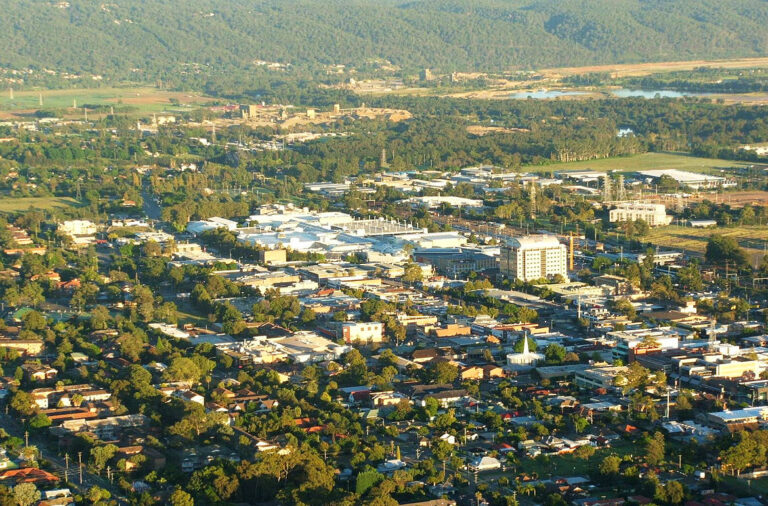
When planning to build a granny flat, there are a lot of important decisions that you must make. One being – should you use a Council certifier or a private certifier?
Both have their advantages and disadvantages, and this requires a bit of research and depends on the area you live in. A private certifier may be more costly, but they tend to be easier to get hold of, and you can bypass Council. Whereas, a Council certifier is cheaper, but must be booked far in advance, yet they tend to offer you a little bit more flexibility.
NOTE: If you need a list of the certificates you need – see this detailed article I wrote here.
DON'T PAY A FORTUNE FOR YOUR GRANNY FLAT. Find out how to deal with council and build a granny flat for the lowest cost possible. Learn More.
However, you can leave this work to your private certifier to help you.
I will cover the ‘pros and cons’ and why private certifiers cost more below.
Cost of a Private Certifier
A private certifier is a local certifier who comes out to inspect your granny flat.
It is best to get at least 3 quotes so you can compare them.
Their prices do range depending on where you live but expect to pay somewhere between $1600 to $2600.
Please note that, even if you hire a private certifier, you will always need Council to inspect your plumbing.
Costs for a Council Certifier
This is where you ask your local Council to come and perform inspections at different stages of work while building your granny flat.
They are quite a lot cheaper than hiring a private certifier. The prices do range depending on your local Council, so I suggest you contact them for a price.
However, a rough estimate is $500+ for most councils I spoke with.
However, hiring Council is not easy – you won’t be able to pick up the phone and book inspections at the time you want.
This can hold-up your building process, causing costly delays.
Again, you will also need to contact another department in Council to do your sewer inspection. And this needs to be noted; that plumbing inspections are another part of inspections that need to be done in conjunction with the regular building inspections.
Do States Differ in Which Option May be Better?
To some extent, yes.
You may have two options for gaining approval for your granny flat:
- Development Application (DA) – This is the standard process of applying to your local Council.
- Complying Development (CDC) – This is a faster, streamlined approval process that bypasses local Council.
The regulations are the same state-wide, regardless of the Council in which your property resides. So, your development can be approved by either a Council certifier or private certifier.
For more information on these approval processes, see my article about the detailed council approval process for granny flats.
So, if your Government has implemented a state-wide building approval policy for a granny flat, (i.e. a CDC), you:
- Have the option of bypassing the local Council and instead getting approved by a private certifier.
The below articles show just exactly what is possible in each state:
- Granny Flat ACT Regulations – Get The Facts Here
- Granny Flat WA Regulations – Guidelines Revealed
- The Rules for Granny Flats in VIC
- SA Granny Flat Regulations – The Rules Broken Down
- Granny Flat TAS Regulations – The Definitive Guide
- Granny Flat QLD Regulations – All You Need to Know
- Granny Flat Laws NSW – The Definitive Guide
Is it True That a Private Certifier Will Pass You Easier Than Council?
It is commonly thought that a private certifier may be more empathetic to your project, and will:
- Give you options that you can work with, and
- Where possible, classify your development when it is against the difficult rules of the CDC as “deem to satisfy”.
However, the truth is in fact that a Council certifier may offer you a little more leniency than a private certifier!
A private certifier is fully compliant with the regulations of your state Government’s policy on granny flats. They must put the safety and interest of the public first and can only issue CDC’s if all legislative rules are met.
So, they will only approve your Complying Development (CDC) if it adheres to every single one of the strict rules.
Plus many people don’t realise that private certifiers are also audited from time to time. They risk losing their licence if they are found negligible by passing granny flat builds that should not be passed.
Whereas, a Council certifier may approve your granny flat based on the rules that are in both the:
- Development Application (DA), and
- CDC.
Meaning, certain parts of your granny flat may be approved under sections of the DA, which does not follow the rules within the CDC.
So, using a Council certifier may potentially save you from:
- Building your granny flat to the firm rules of the CDC.
- Then having to apply for Development Approval (DA) later when you fail to meet these regulations.
What Are You Paying for with a Private Certifier?
If you need a CDC or Construction Certificate (CC), which you do when building a granny flat, you must nominate a:
- Principal Certifying Authority (PCA) and sign a written contract with them before any work starts on your granny flat.
Your private certifier can be your appointed PCA.
The PCA will:
- Assess your application for development.
- Check the builder is licensed and has insurance.
The builder will then contact the private certifier, so they can undertake mandatory inspections at ‘critical stages’. The private certifier will inspect the work in person. They may also ask for reports or certificates from experts, such as:
- A report from an engineer on the footings.
This ensures:
- All work on site is adhering to the CDC and all other building requirements.
If the work is not compliant, the private certifier can let you and your builder know, and issue a notice requiring work to be done.
Once work is completed, the private certifier will assess your granny flat for Complying Development. A private certifier will also issue with your Construction Certificate (CC) as part of your CDC.
A Construction Certificate is required before you start any building work.
Why Do They Cost More?
A private certifier may cost more, but they save you from having to involve Council.
If you use a private certifier you do not always have to submit a Development Application (DA), which:
- Is complicated, involving a lot of paperwork.
- Has a long approval process.
- May not be approved due to, amongst other things, lack of supporting paperwork.
- Costs more by-in-large
And ss mentioned, a Council certifier can be hard to book. They must be phoned in advance to secure a date that they can come for a site inspection.
This can cause delays to your building plans.
So ultimately, a private certifier ends up saving you a lot of time, which saves you money as in my personal case, I could get my certifier on the phone any day I needed and only required 24 hours to book in the necessary inspection, therefore didn’t hold up the building process.
This inevitably saves you a lot of money.
Is It Worth Using a Private Certifier?
This really depends on your budget, timeframe, and local Council.
I suggest you do some research as to:
- How much a private certifier and a Council certifier costs in your area, and
- How long it takes to book a Council certifier.
Other benefits include:
- You can arrange inspections with typically only 24 hours’ notice.
- You can bypass the Council.
Under What Regulations Do Private Certifiers Need to Abide By?
This again all depends on the state in which you live.
In NSW, they must abide by the State Environmental Planning Policy (SEPP).
In Victoria, rules are set in the Building Regulations 2006.
In WA, regulations come under the Planning Development Act 2005.
In QLD, they must abide by the rules in the Brisbane City Plan 2014.
In SA, they must comply with Schedule 5 of the Development Regulations 2008. But this will only give you part one of your two-part consent necessary for approval.
In Tasmania, there is no state-wide policy on what you can/cannot do, so you must adhere to the regulations set by your Council.
Conclusion
To gain approval for your CDC, you must either use a Council certifier or a private certifier. Both have their advantages, and this requires a lot of research.
A private certifier can be pricey, between $1600 – $2600, whereas a Council certifier can be a lot cheaper, roughly $500. However, hiring Council is not easy – they must be booked in advance, which can cause costly delays.
But a Council certifier may offer a little more leniency and may approve your granny flat based on both the DA and CDC.
A private certifier will only issue a CDC if all regulations are met. Though, you must nominate a Principal Certifying Authority (PCA) before starting work on your granny flat.
A private certifier can be your PCA, and they will undertake mandatory ‘critical stage’ inspections in person. Once work is completed on your granny flat, the private certifier will assess its’ CDC, and also issue with your Construction Certificate (CC).
So, I recommend you do some research about:
- How much a private certifier and a Council certifier will cost you, and
- How long it will take to book a Council certifier.
Then, make your decision based on the best for you.












